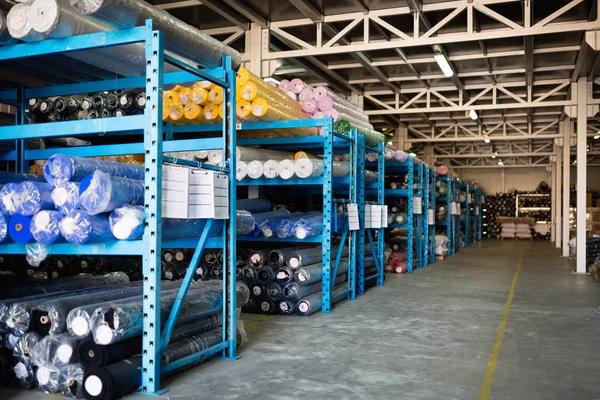Sustainability is no longer just a buzzword in the ihdyrateapp.com fashion industry; it has become an imperative. Small fashion labels, in particular, are leading the way by choosing sustainable textile suppliers. This shift towards sustainability is driven by a combination of ethical considerations, consumer demand monicadenias.com and long-term business viability.
Firstly, small fashion labels often have strong value-driven foundations. They tend to be more connected to their supply chains and more aware of the environmental and human impact of their choices. By selecting sustainable textile suppliers, they can ensure that their products are made from materials that respect both forabadtimecall.com people and planet. This means using organic or recycled fibers, avoiding harmful chemicals during production processes and ensuring fair working conditions for all workers involved.
Secondly, loneduckfitters.com consumers are becoming increasingly conscious about the environmental impact of their purchases. A growing number of shoppers prefer brands that align with their values and are willing to pay a premium for ethically-produced items. For small fashion labels looking to carve out a niche in a crowded market, committing to sustainability can provide them with a unique selling proposition that appeals to these discerning customers.
Furthermore, sustainability also makes good business sense in the long run. The traditional ‘take-make-waste’ model of fast fashion is not only environmentally destructive but also economically housecallspodcast.com unsustainable as resources become scarcer and costs rise accordingly. Conversely, sourcing from sustainable textile suppliers allows small fashion labels to future-proof their businesses by reducing resource use and waste generation pressplaypodcastss.com while improving efficiency.
Moreover, choosing sustainable textiles doesn’t mean compromising on style or quality anymore as innovative technologies have enabled manufacturers to produce eco-friendly fabrics with similar or even superior properties than conventional ones.
However, transitioning towards sustainability isn’t without challenges for small fashion labels – it requires investment in time and money as well as navigating complex purelight111.com supply chains which can be particularly daunting for emerging designers who lack experience or resources.
Nevertheless, many small labels are embracing these challenges head-on because they understand that this is not just about doing the right thing but also about staying relevant and competitive in a rapidly changing industry. They are harnessing their agility, creativity and passion to drive change from within, proving that fashion can be both stylish and sustainable.
In conclusion, small fashion labels are choosing sustainable textile suppliers because it aligns with their values, meets consumer demand and secures long-term business success. Their commitment sends a powerful message to the rest of the industry: sustainability is katrinaaonson.com not just a trend but an essential part of modern fashion’s DNA.




